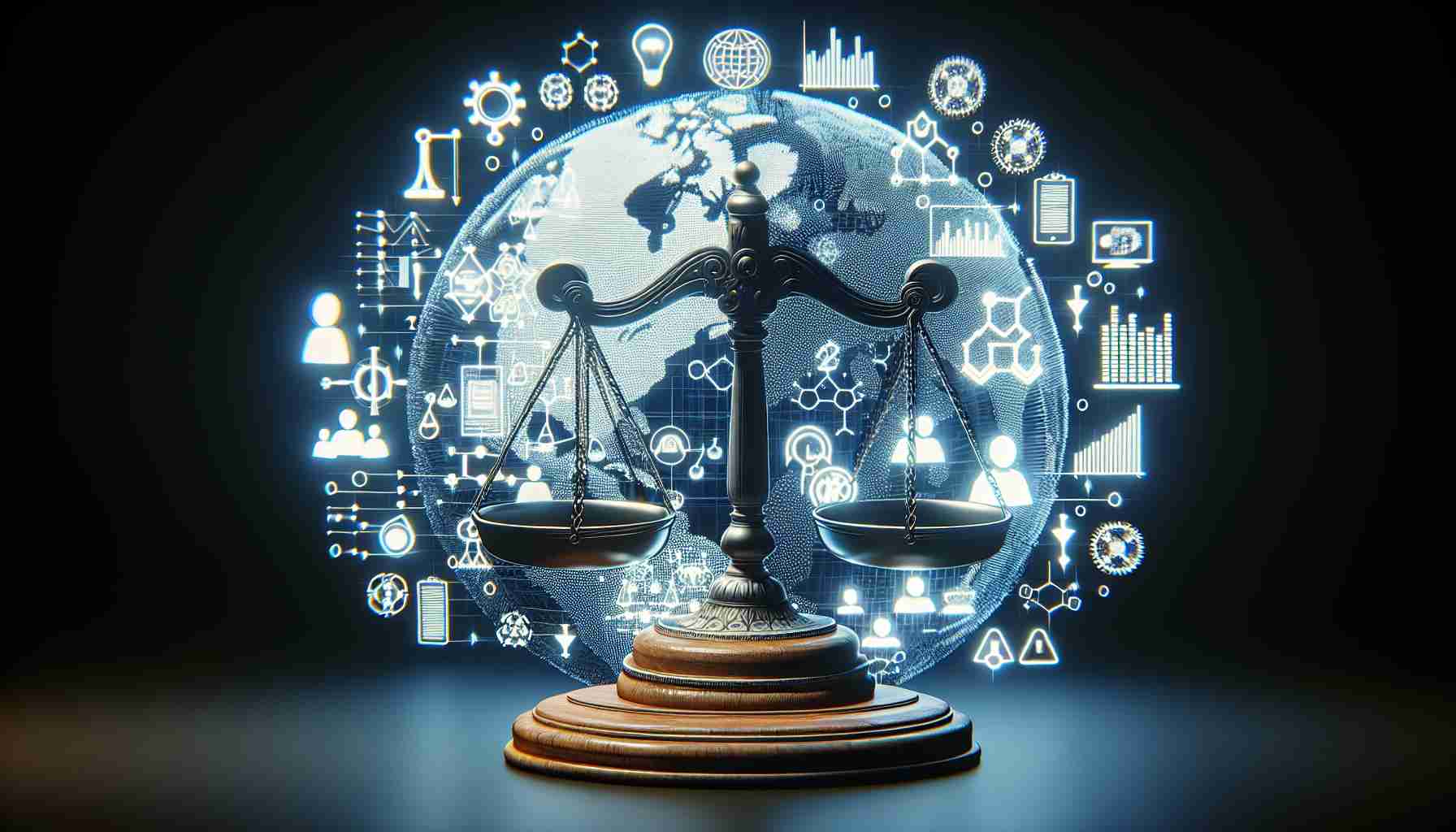The transformative power of AI technologies has led to their rapid integration into our daily lives, especially noticeable within the healthcare sector. The entry of sophisticated systems like GPT-4 heralds a shift towards recognizing AI’s abundant potential across various industries.
Charting the course of AI governance, 2024 marks a critical juncture for international regulatory frameworks, with various stakeholders, including tech giants and government bodies, actively shaping the use and oversight of AI systems.
Evolving regulations across the globe illustrate the diversity of approaches towards AI legislation. The European Union has taken a proactive step with the AI Act, ensuring consistent legal standards for the development and deployment of AI across member states. This Act not only encourages the proliferation of human-centered, trustworthy AI but also safeguards public health, safety, and fundamental rights as enshrined in the EU Charter of Fundamental Rights. It fosters the seamless cross-border flow of AI-based goods and services while upholding the EU’s foundational values.
Prohibitions unique to the EU domain include bans on AI applications employing subliminal techniques or those exploiting vulnerabilities due to age, disability, or socioeconomic factors. Notably, categorization systems inferring sensitive traits, socially prejudicial scoring systems, personality trait profiling for crime risk, and unsanctioned use of real-time biometric identification in public spaces have faced prohibition.
Contrasting approaches in the United States reveal a lack of unified federal AI legislation. Nonetheless, numerous states have enacted AI-related laws, with Maryland and California leading the charge. In 2023, the Biden administration issued an executive order directing major tech firms to take voluntary measures to prevent algorithmic discrimination and to establish safer AI practices across key policy domains.
Amidst this regulatory evolution, international organizations like WHO and OECD have begun outlining their expectations for ethical AI utilization in healthcare. As regulations unfold, the global community keenly observes how nations like China and India will navigate AI’s complex regulatory terrain.
Emerging International Collaboration on AI Regulation
As the regulatory landscape develops, international collaboration has become central to harmonize AI regulations. Forums like the Global Partnership on AI (GPAI) and UNESCO’s Recommendation on the Ethics of AI are working on shared principles to ensure responsible stewardship of AI technologies across borders. This cooperation aims to mitigate the risks of fragmented regulations that could hinder global digital trade and innovation.
Key Questions and Answers:
– What impact does the AI Act have on international companies? The AI Act requires international companies operating in the EU to comply with its regulations, potentially affecting their global operations as they must ensure their AI systems meet EU standards.
– How do countries outside the EU and US approach AI regulation? Countries like Japan, India, and Singapore are developing their AI strategies, prioritizing economic growth while considering ethical frameworks to govern AI usage.
– What role does the public perception play in AI regulation? Public concern over privacy, job displacement, and AI biases influences regulatory priorities, pushing for more transparency and accountability in AI systems.
Key Challenges and Controversies:
– Balancing innovation and regulation remains contentious, with some industry experts fearing that stringent laws could stifle technological advances.
– The enforcement of AI regulation, especially when addressing cross-border AI applications, presents significant operational challenges.
– Establishing accountability for AI systems, particularly when it comes to autonomous decision-making, raises complex legal and ethical questions.
Advantages and Disadvantages:
– Advantages of AI regulation include enhanced consumer trust, reduced risk of harm from AI systems, and the facilitation of international cooperation in AI development and usage.
– Disadvantages might involve potential dampening of innovation due to regulatory constraints, challenges in adapting to fast-paced technological changes, and the risk of regulatory fragmentation creating barriers to market entry.
For further research and information related to this topic, reputable sources include:
– European Commission
– Organization for Economic Co-operation and Development (OECD)
– World Health Organization (WHO)
– United Nations Educational, Scientific and Cultural Organization (UNESCO)
Please note, while I believe these links to be valid, ensuring 100% validity would require real-time verification which is beyond my current capabilities.

